
DAMASCUS, Feb. 3 (Xinhua) -- A sudden change in the international climate revived hope that a political resolution for Syria's long-standing conflict is still possible, particularly after the head of the main opposition abroad announced his acceptance for talks with representatives from the Syrian government.
The head of the main opposition coalition, Moaz al-Khatib, has repeated previous surprising statement that he is ready to embark on talks with Assad's administration while setting release of detainees among others as conditions.
His remarks came during a late-night panel talks on Friday with UN-Arab League envoy Lakhdar Brahimi at the Munich Security Conference on Friday.
He first declared his controversial statement on his Facebook page last Wednesday.
On Saturday, al-Khatib, for the first time, met with Russian Foreign Minister Sergey Lavrov, who invited him to come to Moscow for more talks, and met with Iran's Foreign Minister Ali Akbar Salehi on the sideline of Munich conference.
Al-Khatib reportedly said that his talks with Salehi have focused on the need to politically end the crisis, as Russia's Lavrov reportedly said that al-Khatib appeared interested in having more understanding of the Russian stance.
Al-Khatib's surprising step has also been welcomed by the United States, whose Secretary of State Hillary Clinton called the opposition leader's step "not only courageous but smart."
The broad-based opposition has for long rejected any dialogue with the Assad administration until the ouster of Assad himself, but the recent statement by al-Khatib did not stipulate departure of Assad as a precondition to dialogue. Al-Khatib said that the talks would be held with Syrian officials whose hands have not been smeared with Syrians' blood and have full executive powers.
The shift in al-Khatib's stance, and the super power's welcome of such new position, mirrors the international community's desire to bring the prolonged crisis to a close especially now that its effects have spilled over borders and its continuation would surely have grave repercussions in the entire region, analysts said.

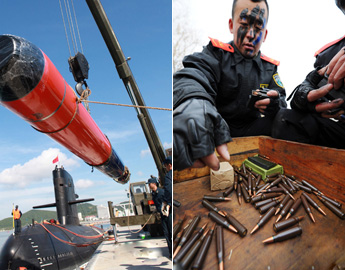
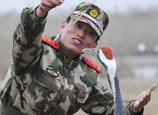
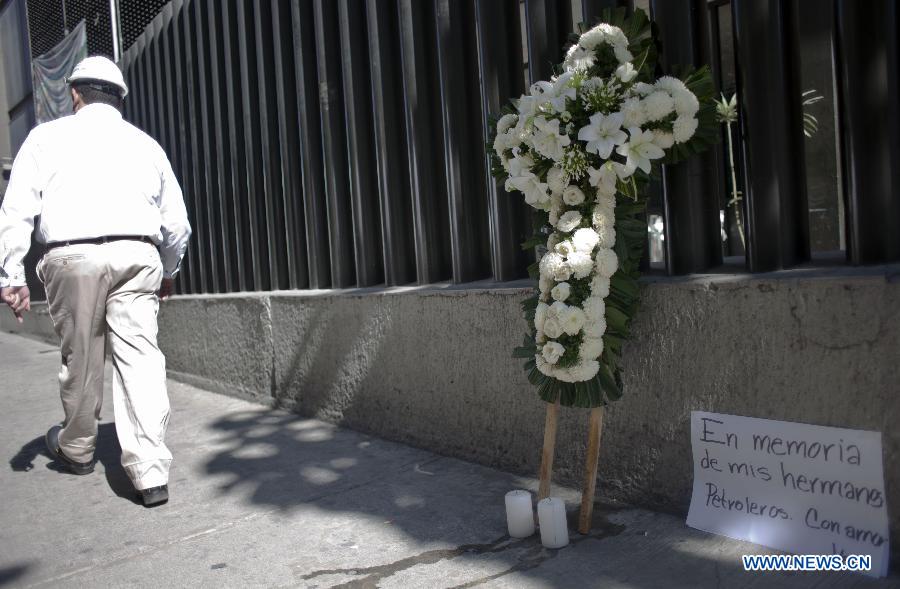
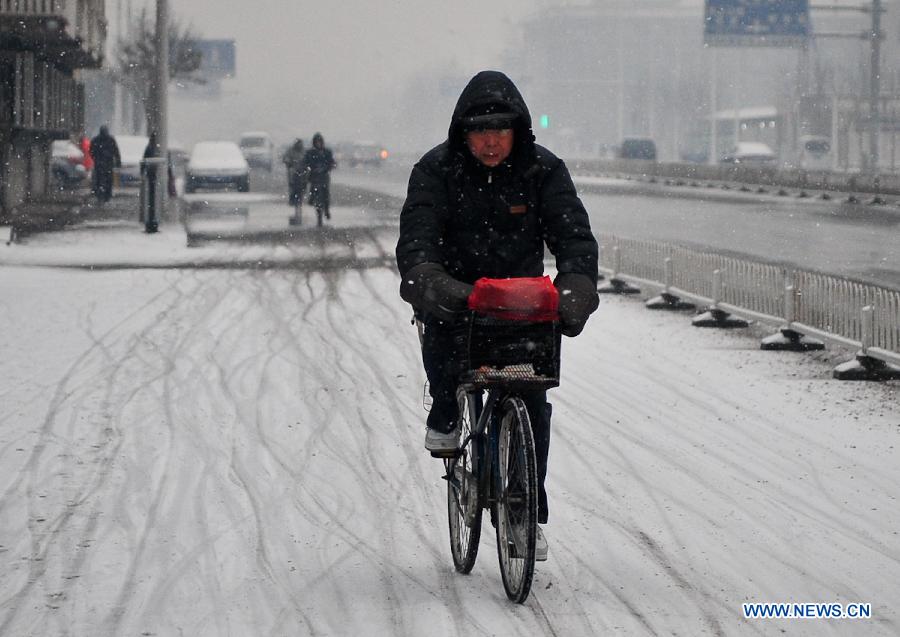
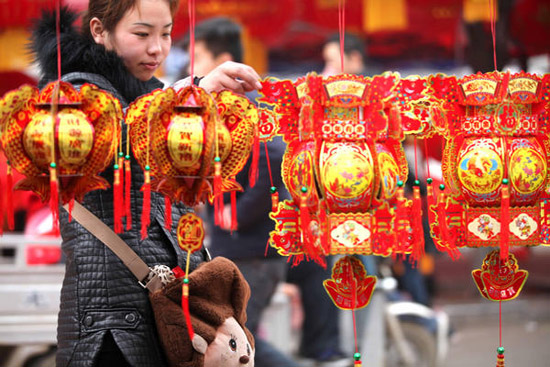
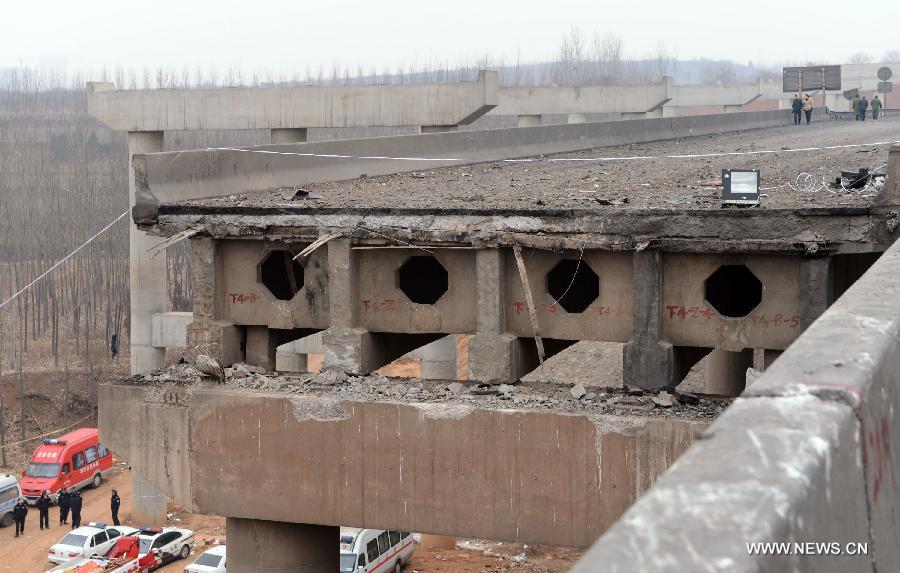


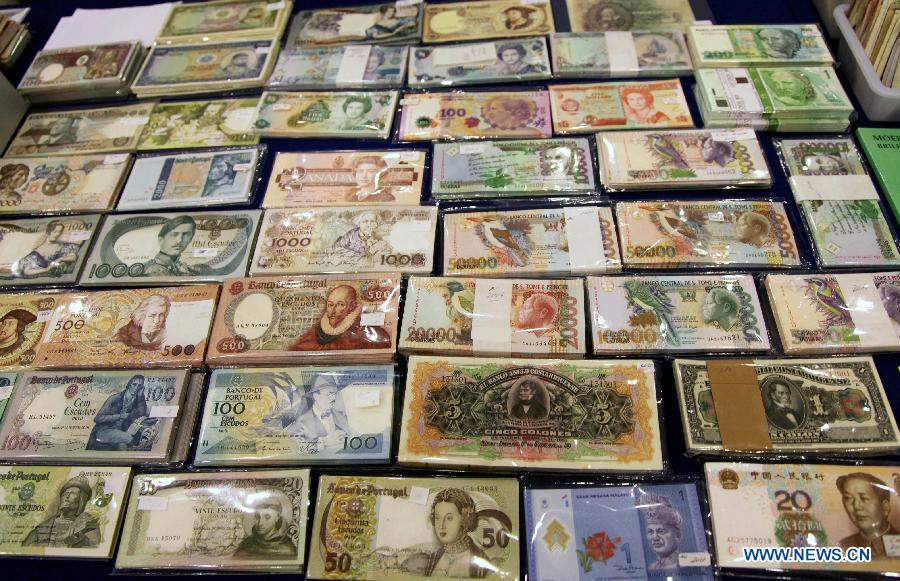







 China's weekly story (2013.01.27-01.31)
China's weekly story (2013.01.27-01.31)


![]()
